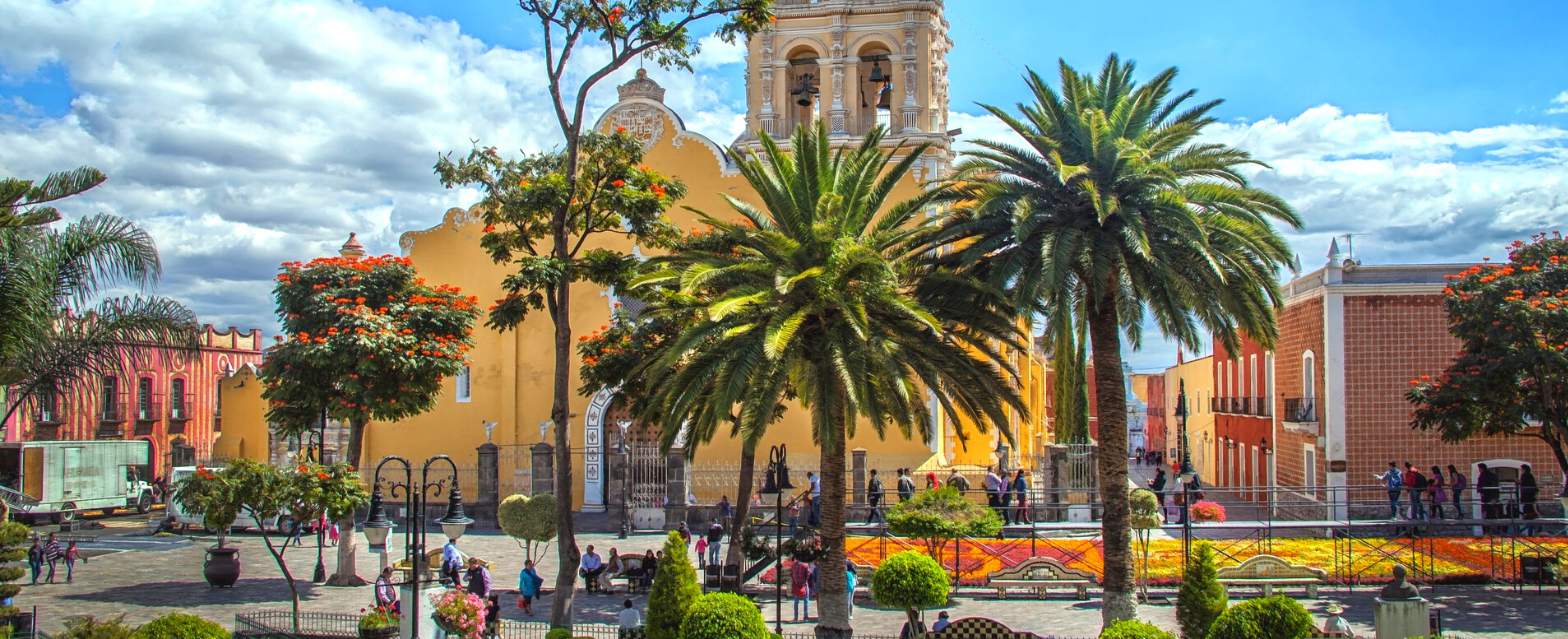If you live in Mexico, it’s important for you to know what holidays in Mexico are like. Mostly because for about 4 months between November and February, you’ll find that the partying almost doesn’t end.
A lot of the same traditions in the U.S. are also carried out in Mexico. Like gathering for Christmas and gift exchanges. But this post isn’t about what’s similar because that would be boring. And you didn’t come to read something boring did you?
My post today is all about Holidays in Mexico and how they can be traditional, weird, fun, and very tasty. Below, I highlight the most important, and you get a recap of official and unofficial holidays at the end.
New Year’s Eve and New Year’s Day
New Year’s Eve (December 31st) and Año Nuevo (January 1st) tend to be a day among Mexican families when we invite family, friends, and acquaintances for another large party. We usually pop fireworks if it’s allowed in our area, and we dance and gather until the later part of the night.
There’s always a reason to throw a party in Mexico!
January 1st is an official holiday in Mexico. On the other hand, the 31st is not, but it is often a day off for most office workers.
January 6th- Dia de Los Reyes Magos
In Mexico, we celebrate Epiphany as “Dia de Los Reyes Magos,” also known as “Reyes Magos” because the 3 kings, Melchor, Gaspar, and Balthasar, traveled by night all the way from the farthest confines of the Earth to bring gifts to Jesus, whom they recognized as the Son of God.

The celebrations take place in people’s homes, surrounded by family and friends. A traditional “rosca” or round cake is served.
Whoever gets the baby Jesus has to throw a party in February on the day of “La Candelaria”. Dia de los Reyes magos is not an official holiday.
February 2nd- La Candelaria
On February 2nd is “Dia De La Candelaria”. It is a religious holiday celebrating the birth and health of Jesus 40 days after his birth.
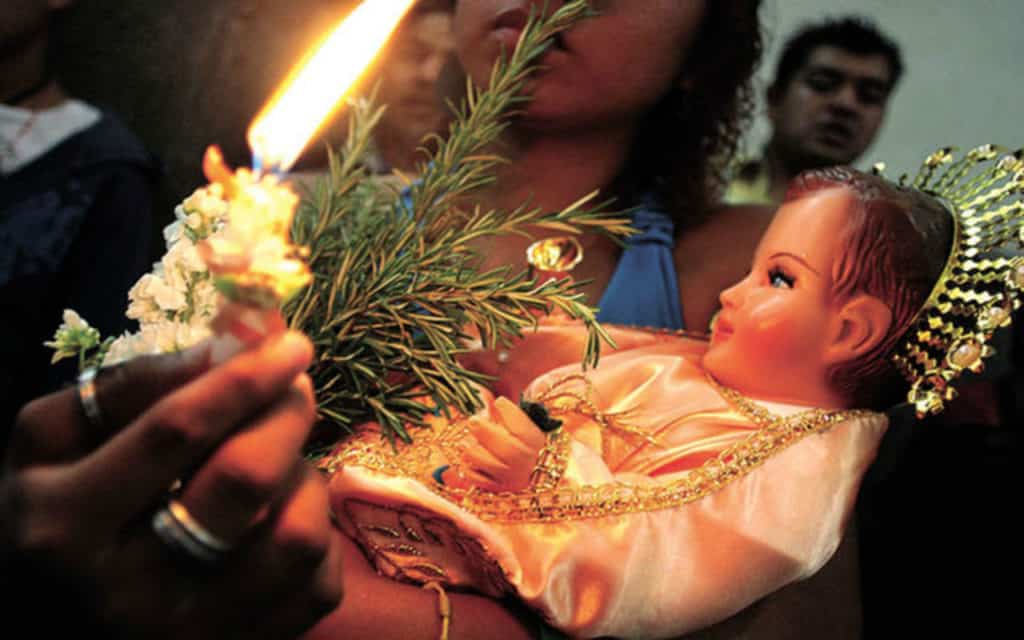
El Dia de La Candelaria is not an official holiday in Mexico or is not nationally celebrated. However, a special Mass service is held to commemorate the day, and religious citizens are most likely to stop by their local church.
Families may host a special dinner that usually involves traditional holiday foods at home. Especially tamales, if you have the baby Jesus on “Dia de Los Reyes.”
March 21st- Benito Juarez

The president of Mexico (1861–72) and a national hero, Benito Juárez, fought foreign occupation under the emperor Maximilian and pursued constitutional reforms that helped establish a democratic federal republic, setting the stage for Mexico’s remarkable modernization in the last quarter of the 19th century and freeing Mexicans from foreign rulers.
This is an official holiday in Mexico.
April- Semana Santa
Semana Santa traditionally runs from Palm Sunday (Domingo de Ramos) to Easter Sunday (Domingo de Pascua). Holy week is always 40 days after Ash Wednesday.
Semana Santa is a big deal in Mexico, and not only for religious reasons. It’s a time for students, office workers, and other citizens to take time off from school or work and spend time with family or traveling. It’s Mexico’s version of spring break.
Some government offices will close early, and banks, Schools, and other businesses might have limited hours. Many cities throughout Mexico will have parades, special events, and fireworks to celebrate the rebirth of Jesus. Although not an official holiday, you will find this is one of the busiest travel seasons in Mexico.
/semana-santa-easter-festival-at-oaxaca-cathedral-148822095-58fa2cda3df78ca159cf3f4f.jpg)
April 30th- Dia Del Nino
I loved this holiday so much when I was a little kid because my parents would buy us special candy or treats to celebrate “Children’s Day.”
As a kid, having a holiday that celebrated each one of us made me feel important. Throughout Mexico, there are special events like magician shows, parades, and fireworks. Buying the kids in your life a small toy, candy, or small gift to celebrate their childhood is customary.
This is not an official holiday.
May 10th- Dia De Las Madres

May 10th in Mexico is Dia De Las Madres (Mother’s Day) Although this isn’t an official holiday, it is an extremely important one.
In Mexican culture, the mother of the family is the queen of the house and is traditionally given flowers, a special breakfast, or some gesture of care and love.
Because it is always on May 10th, it can fall on any day of the week.
July- Dia Del Padre
On the 3rd Sunday of June, we celebrate our fathers on Father’s Day, known as “El Dia del Padre.”
Just like in most countries, it is a special day on which we recognize our dads and pamper them with special meals, small gifts, and handwritten cards. Mexico is no different than any other country. Many shops go all out promoting the upcoming event in an effort to sell cologne, clothing, sports gear, and tickets to sporting events.
This is not an official holiday.
September 15th and 16th- Dia De La Independencia
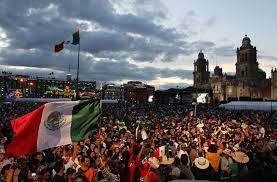
The Mexican War of Independence was an armed conflict and political process, lasting from 1808 to 1821, resulting in Mexico’s independence from Spain. And if you happen to be in Mexico City, you will get to see the president of Mexico deliver “El Grito” or the Cry in the Zocalo (city center).
This is an official holiday.
Every city in Mexico will decorate its streets, and its government offices and retail shops will follow. It’s truly a beautiful way to honor the Mexican independence from Spain since every city comes alive with the Red, White, and Green colors.
November 1st and 2nd- Dia De Los Muertos
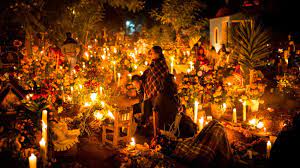
The Day of the Dead is a Mexican holiday celebrated in Mexico and elsewhere associated with the Catholic celebrations of All Saints’ Day and All Souls’ Day, and is held on November 1 and 2.
The multi-day holiday involves family and friends gathering to pray for and to remember friends and family members who have died.
Because most of the commemoration is done at the cemetery or burial place of the deceased member, many cemeteries will be packed, and the eve of November 2nd in Mexico will be very busy. If you happen to be in one during the Day of the Dead, be respectful to all the graves and offerings left on people’s graves.
Day of the dead isn’t an official holiday, however, you can expect many offices to give their employees a day off.
December 24th, 25th
Christmas Eve is celebrated in Mexico on December 24th, known as Nochebuena. Traditionally, we get together in a family member’s home around 8 or 9 p.m., socialize, and have dinner around 12 p.m. Afterward, we usually do a gift exchange between family members. Noche Buena is an all-night party in most Mexican households that can go well into the wee hours of the following day!
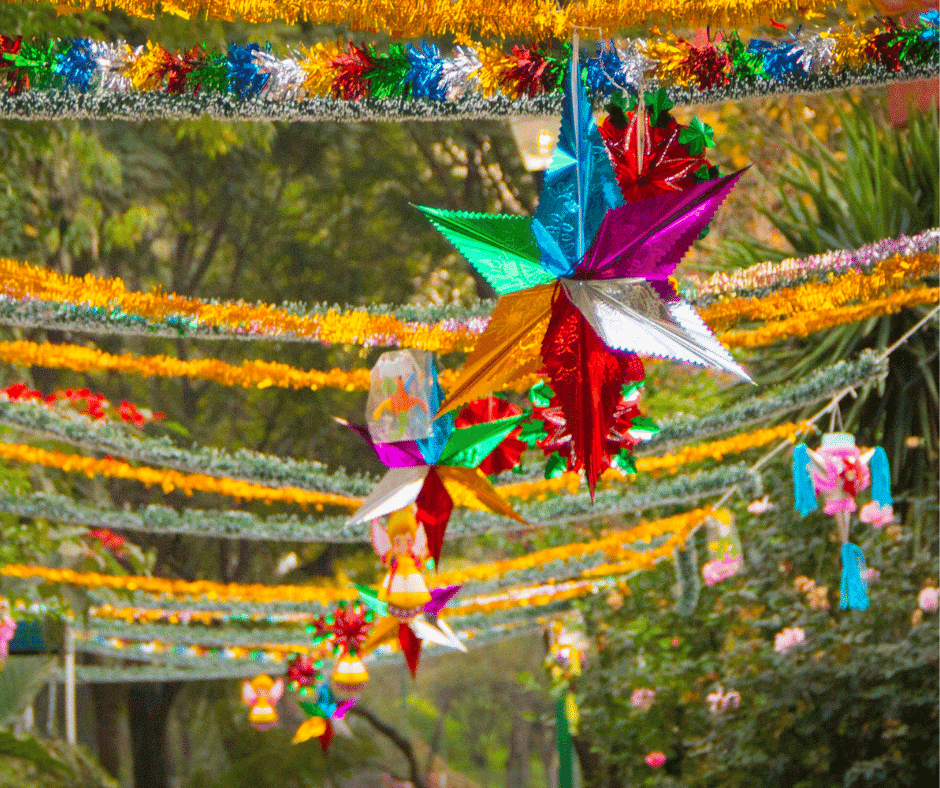
On December 25th, we celebrate Christmas or “Navidad.” On Christmas Day, we usually have a late morning, followed by gifts from Santa Claus, and maybe a few relatives will visit in the latter part of the afternoon. You can expect everything to be closed on Christmas Day.
December 25th is an official holiday. However,m throughout Mexico, you will see a significant decrease in traffic and office work on the 24th since many offices shut down on Christmas Eve.
Recap of Important Holidays
Now, it may seem like every weekend is an important holiday wherever you are because there are usually fireworks and live music on any random weekday to celebrate a saint. But these are usually different by municipality and region.
On a national level, these are a few other important holidays. You can expect banks to close, government office employees to go on vacation, restaurants to be packed, and special events happening around these dates.
Here are some other important holidays this year to keep in mind. Some, not all, are mandatory. I will mark mandatory holidays with an asterisk *
- *New Year’s Day- January 1st
- Dia de los Reyes Magos/Wise Kings Day- January 6th
- Dia de La Candelaria- February 2nd
- *Dia de La Constitucion/ Constitution Day First -February 5th
- *Dia de Benito Juarez/ Benito Juarez Day – March 20th
- Semana Santa/ Holy Week – 40 days after Ash Wednesday. The most important days are Holy Thursday through Easter Sunday, when many offices close.
- Dia del Niño/ Children’s Day- April 30th
- *Dia de Trabajo/ Labor Day – May 1st
- Dia de las Madres/ Mother’s Day- May 10th
- *Election Day every 6 years. In 2024, it’s on June 2nd
- Dia del Padre/ Father’s Day- 3rd Sunday in June
- *El Grito/ The Cry of Independence – September 15th at Midnight
- *Dia de La Independencia/ Independence Day- September 16th
- *Poder Ejectuvio Federal/Presidential Inauguration Day- October 1st every 6 years (2024 is the next inauguration)
- Dia de Los Muertos/ Day of the Dead- November 2nd
- *Dia de La Revolucion/ Revolution Day – The 3rd Monday in November to commemorate the 20th of November
- Dia de la Virgen/ Virgin Mary’s Day- December 12
- Nochebuena/ Christmas Eve- December 24
- *Navidad/ Christmas – December 25
- New Year’s Eve – Dec 31st




